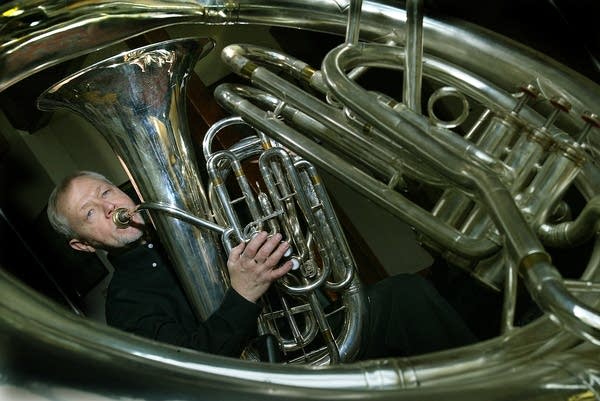There's a great scene in Little House on the Prairie where Pa Ingalls is trying to sell his beloved fiddle to a secondhand shop in order to raise money. During the haggling process, the shopkeeper declares that the fiddle is "a country item," while Pa insists that the instrument is "a fine violin."
The distinction is one that many have struggled to understand. Is there a difference? What is the difference? Does it only depend on musical style, or is there a physical distinction?
In fact, in almost all instances, there is little or no physical difference between the two instruments at all. The main components — body, neck, pegbox and scroll — are identical no matter which term is used.
The only true physical distinction between the two is in the instrument setup: things like string choice (classical violinists may choose a traditional material while fiddlers might prefer steel), tuners (a "fiddle" might be more likely to feature fine-tuners on all four strings), and bridges.
Some fiddle players choose to use a modified bridge with some of the wood trimmed off of top of the arch, which flattens the curve and makes it easier to perform "double" or possibly even "triple" stops (where multiple strings are played at the same time). Indeed, the double stop is more frequently used in "fiddling" music.
The primary distinction between the terms "violin" and "fiddle" comes from the style of music that is being performed, and how it's being played. "Fiddle" is often used for musical styles that lean in the folk direction: styles like bluegrass, cajun, country and some types of traditional Celtic music.
"Violin," on the other hand, is typically used for Western classical music and jazz. It's a case where the best description comes from the music itself: compare "Sally Goodin" (a fiddle tune that John Denver might play "all day if [he] could") with something like Mozart's Violin Concerto No. 3, and the difference becomes quite clear.
Performance methods also differ between the two terms. Classical musicians tend to be more technical and play "by the book," carefully following a written composition and performing it exactly as it is, while a "fiddler" is much more likely to improvise, to play from memory, and to make the individual piece his own.
Bowing practices may also vary between fiddle and violin music, as well as fingering techniques. A fiddler might play fast but never leave the "first position," while a violinist will be more likely to utilize the instrument's entire range of sound.
None of these differences can be called "better" than the other; it's simply two distinct ways of performing the instrument, which is a great thing since it contributes to the musical world's rich diversity.
Daniel Johnson is a Wisconsin-based photographer and writer, and the author of several nonfiction titles. You can see his photography work (he does a lot of rural life!) at foxhillphoto.com. He's a long-time piano and guitar player, and Nocturne in E-flat Major Op. 9, No. 2 is his all-time favorite piece of classical music.
Love the music?
Show your support by making a gift to YourClassical.
Each day, we’re here for you with thoughtful streams that set the tone for your day – not to mention the stories and programs that inspire you to new discovery and help you explore the music you love.
YourClassical is available for free, because we are listener-supported public media. Take a moment to make your gift today.










